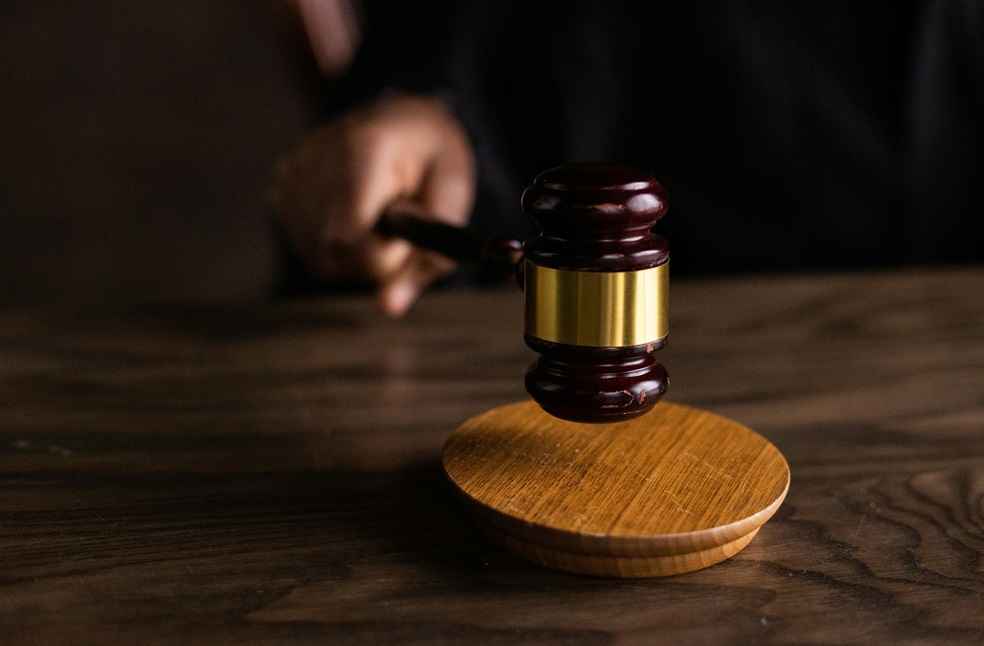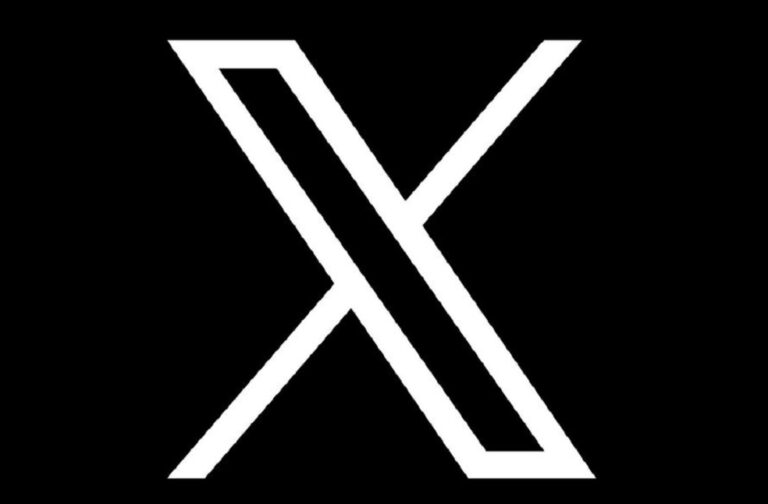United States: The federal court has declined to prolong an injunction against Elon Musk’s platform X over 65 tweets that included a video of a stabbing attack at a Sydney church before the case’s last hearing.
Bishop Mar Mari Emmanuel was stabbed last month while conducting a live-streamed service at the Assyrian Christ the Good Shepherd church in the Sydney suburb of Wakeley. X was told to conceal the posts of the incident.
Only after X blocked the tweets from Australian users did the eSafety commissioner get an injunction from a federal court, threatening legal action against the notification. Unless the court decided to extend the order before the final hearing, which is anticipated to take place in mid-June, the injunction was set to expire on Monday.

On Monday, Justice Geoffrey Kennett turned down the request to prolong the injunction. It was anticipated that Kennett would reveal his motivations later on Monday.
Bret Walker SC, X’s attorney, informed Kennett during a hearing on Friday that the firm could not legally abide by the terms of the order to conceal the tweets. Kennett expressed his “trouble” over the information at the time.
The eSafety commissioner’s initial setback occurred on Friday when Walker informed the court that X didn’t think the platform’s notice to remove the tweets was legitimate. He claimed that the decision made by the eSafety officer, who classified the videos as “class 1” under Australian classification rules and ordered their removal, was “manifestly inadequate” in that it lacked specificity.
Walker contended that the decision made reference to a portrayal of “crime, cruelty or violence,” none of which he claimed would be sufficiently severe to be rejected for classification by the Australian classification board. According to him, showing such a violent conduct while keeping the camera close to observe the action does not live up to that standard.

Tim Begbie KC, the eSafety commissioner’s attorney, informed the court that the decision document outlined the important considerations the decision-maker took into account and that a complete justification will be supplied via the independent review procedure X that was started in the administrative appeals tribunal. Walker claimed that although X had taken all reasonable precautions to keep Australians from viewing the tweets, a small percentage of users were nevertheless able to access them using virtual private network connections.
Begbie countered that although X removed information on a regular basis worldwide, it was illogical to comply with an Australian government mandate. Wednesday is the case’s return day to court.
The Electronic Frontier Foundation and the Foundation for Individual Rights and Expression are two worldwide digital rights organizations. Kennett hinted on Monday that he will likely make a decision regarding whether to hear this matter.
Begbie objected to their involvement, claiming the organizations were attempting to conduct a policy discussion unrelated to the current issue and intended for the voting booth.



